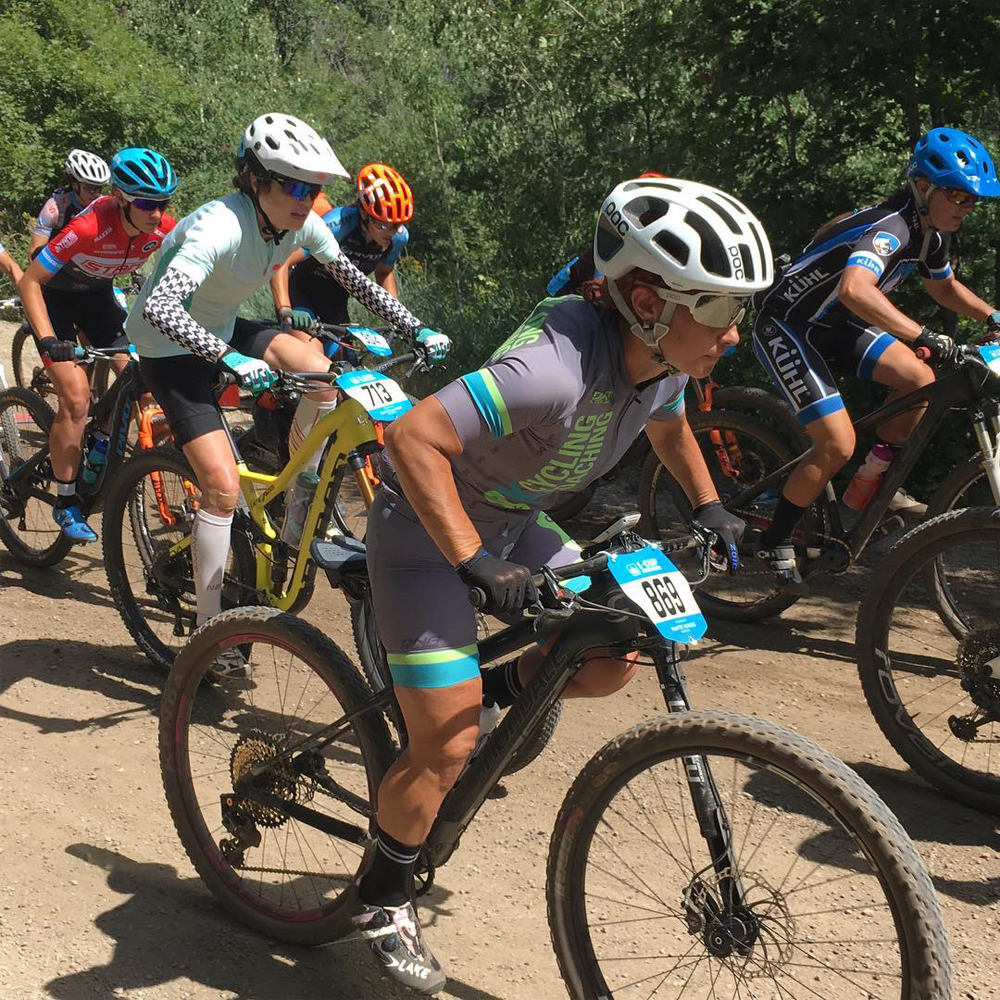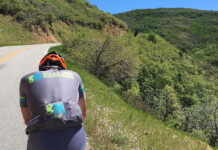Event Morning: From waking up to the start line, how to tackle the morning of your goal event.

Good morning, racers! It’s your big day. You have done all the training, prep, planning, and you wake up ready to roll. How should you get from waking up to starting your event? Let’s lay it out. These guidelines are not meant to be exclusive to racing, any goal event or important ride should incorporate the same principles.
To begin, count back from the time your event starts for your planning. You will need to do some self-experimentation prior to your event to know how to time your breakfast (or, if your event is later in the day, when you should have your last substantial meal before your event). Most people need between 2.5-3.5 hours to digest a meal before starting a race or event. If your event is longer and will roll out at a lower intensity pace, you may be able to eat closer to start time. If your event starts early in the morning, you can also experiment with sleeping in and eating a smaller meal closer to start time and then continuing to eat on the bike as soon as you start.
I like to get everything ready that I can the night before an event; fill and mix water bottles, pick out clothes and pack additional cold or wet weather attire that may be needed. Use a checklist as you pack your gear bag. I also fill up my jersey pockets. Pack your jersey pockets the night before so when you arrive at the race, you just need to pull on your pre-packed jersey instead of digging through your gear bag. Nerves will be high on the morning of your event and you may feel scattered. The more you can get ready prior, when you are in a calm state of mind, the more you can attenuate those nerves on the day.
If you have packed everything the night before, once you eat your breakfast, you should have some downtime. Nerves may be high. Try sitting and being mindful, visualize a smooth, strong ride. Or keep the nerves at bay by socializing or listening to fun music. Nerves are good and they indicate a strong level of arousal and excitement about your event. But overwhelming nerves can be paralyzing and detrimental. Try to find a balance. Meditation and visualization are great tools to calm the nerves.
You will need to figure out how long it will take to arrive at the venue from your home or where you are staying but try to arrive about 1.5 hours prior to event start. If you need to register at the venue and/or you anticipate a line for registration or packet pickup, give yourself extra time. Likewise, if you need to pre-ride the course or a section of the course, make sure you factor time for that. If you will need feed assistance during the race, have this sorted out prior to arriving. And make sure your feeder has your bottles, clear instructions, and anything else they might need. (Make things easy for your feeder. For example if you want bottles in a certain order, clearly number them. Working the pits is frenetic, simplify as much as you can).
Just as you count back from event start to your last big meal, count back once you arrive at the venue. You probably need 25-45 minutes for a solid warm-up. Warm-ups are pretty individual but generally follow the same idea of gradually increasing effort to your expected start pace and overall race pace. I provide several warm-up protocols to athletes I coach to try so they can home in on what works for them. Have a plan for your warm-up, know what works for you. Give yourself 15-20 minutes from the time you finish your warm-up to event start so you have time to grab any last items, make any adjustments to your bike (hopefully nothing major!), use the restroom (expect a line!), etc. So you should probably be getting on your bike to start your warm-up about one hour prior to event start. (This will vary depending on the kind of event you are doing and what kind of warm-up you need. Additionally, some events will require you to stage significantly earlier than start time. Ask event officials how early you will need to stage and modify your warm-up planning for that). If you finish warming up and have the opportunity to keep spinning around the venue before staging, use that and keep your legs moving instead of standing around. Likewise, if the event start is delayed, keep spinning gently and roll with the proverbial punches.
Have a plan. Races are about more than just pedaling hard. Which parts of the course will suit you and which will challenge you? Before all goal races or events, I have a planning session with the athletes I coach. We go through various scenarios, plan pacing, fueling, and how to approach each section of the course. The morning of the event can make or break. Think it through and have a plan. Count back from start time and schedule everything so you arrive at the line, fueled, warm, and ready! Good luck!
Sarah Kaufmann is the owner of K Cycling Coaching. She is a professional XC and CX racer based in Salt Lake City, Utah. She can be reached at sarah@kcyclingcoaching.com or 413.522.3180.







